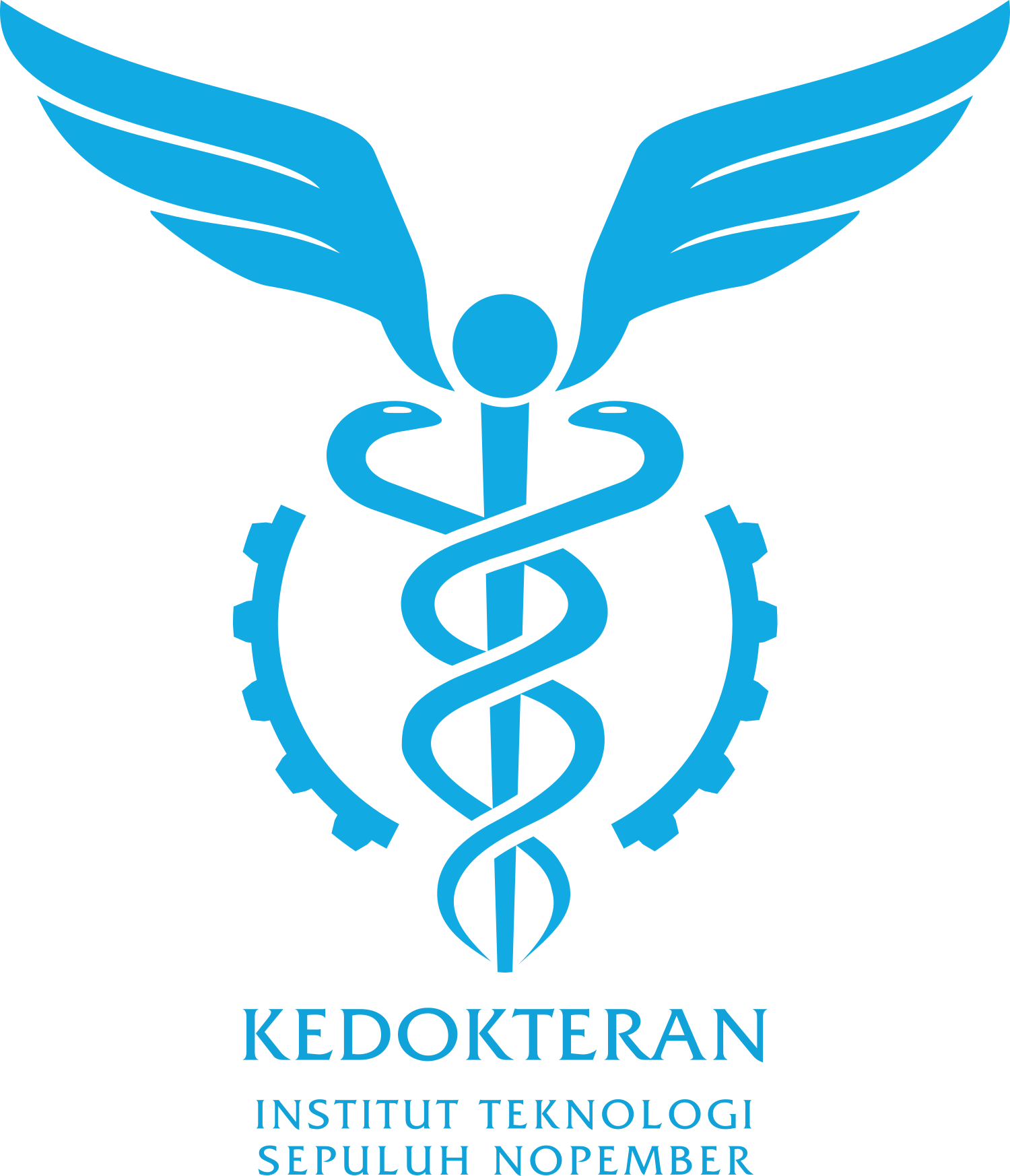Program Learning Outcomes (PLO)
- Able to demonstrate attitudes and characters that reflect: devotion to God Almighty, ethics and integrity, virtuous, sensitive and concerned about social and environmental issues, respect for cultural differences and pluralism, uphold law enforcement, prioritize the interests of the nation and the wider community, through creativity and innovation, excellence, strong leadership, synergy, and other potentials to achieve maximum results
- Able to study and utilize science and technology in order to apply it in medical fields of expertise, and be able to make decisions appropriately from the results of their own work and group work in the form of a final project report or other forms of learning activities whose output is equivalent to the final project through logical, critical, systematic, and innovative thinking
- Able to manage one’s own learning, and develop oneself as a lifelong learner to compete at the national, and international levels, in order to contribute significantly to solving problems by implementing information and communication technology and paying attention to the principles of sustainability and understanding technology-based entrepreneurship
- Able to communicate both verbally and non-verbally with fellow health workers, patients and their families as well as policy makers in solving individual, family and community health problems
- Able to carry out clinical procedures related to health problems by applying the principles of patient safety, self-safety and the safety of others
- Able to manage individual, family and community health problems in a comprehensive, holistic, integrated and sustainable manner in the context of primary health services, especially preventive medicine with emphasis on aspects of early diagnosis and accurate treatment to reduce disability
- Able to work independently and organizationally within the framework of national and global health systems
- Able to work together to create technology-based innovations to contribute in solving health problems at individual, family and community levels
- Able to practice lifelong learning in following the development and progress of science and technology in the medical field
- Able to combine the scientific basis of medical and health sciences in managing individual, family and community health problems
- Able to link the latest Biomedical sciences, Humanities sciences, Clinical Medicine sciences, and the latest Public Health/Preventive Medicine/Community Medicine sciences with an emphasis on early diagnosis, accurate treatment to reduce disability to manage health problems holistically and comprehensively
- Able to utilize information communication technology and health information in solving individual, family and community health problems
- Able to design innovative and creative scientific research aimed at improving and empowering the health status of individuals, families and the wider community and disseminating the results to improve the quality of health services
